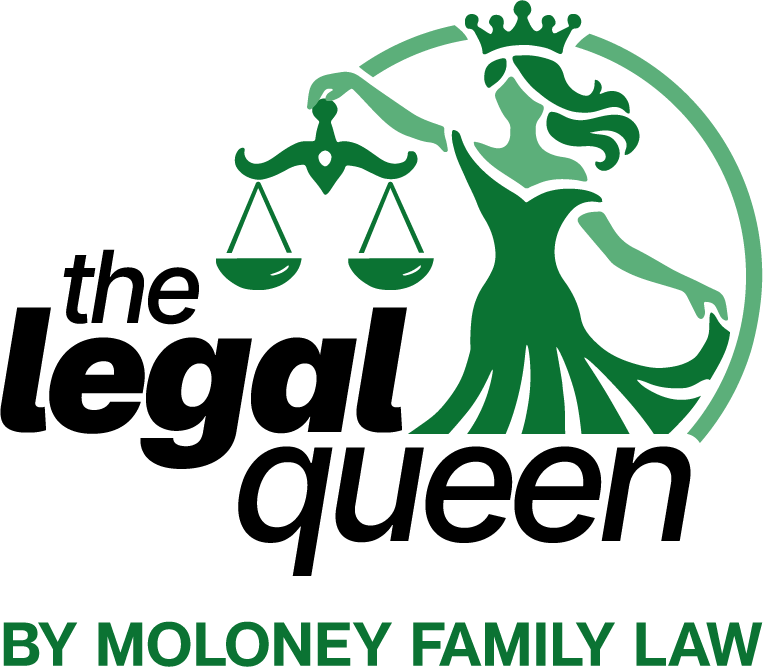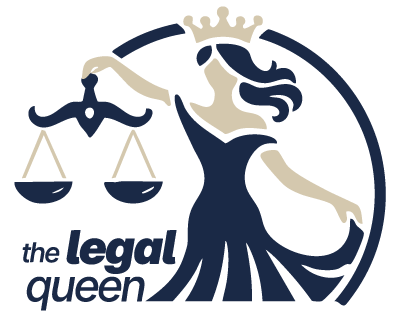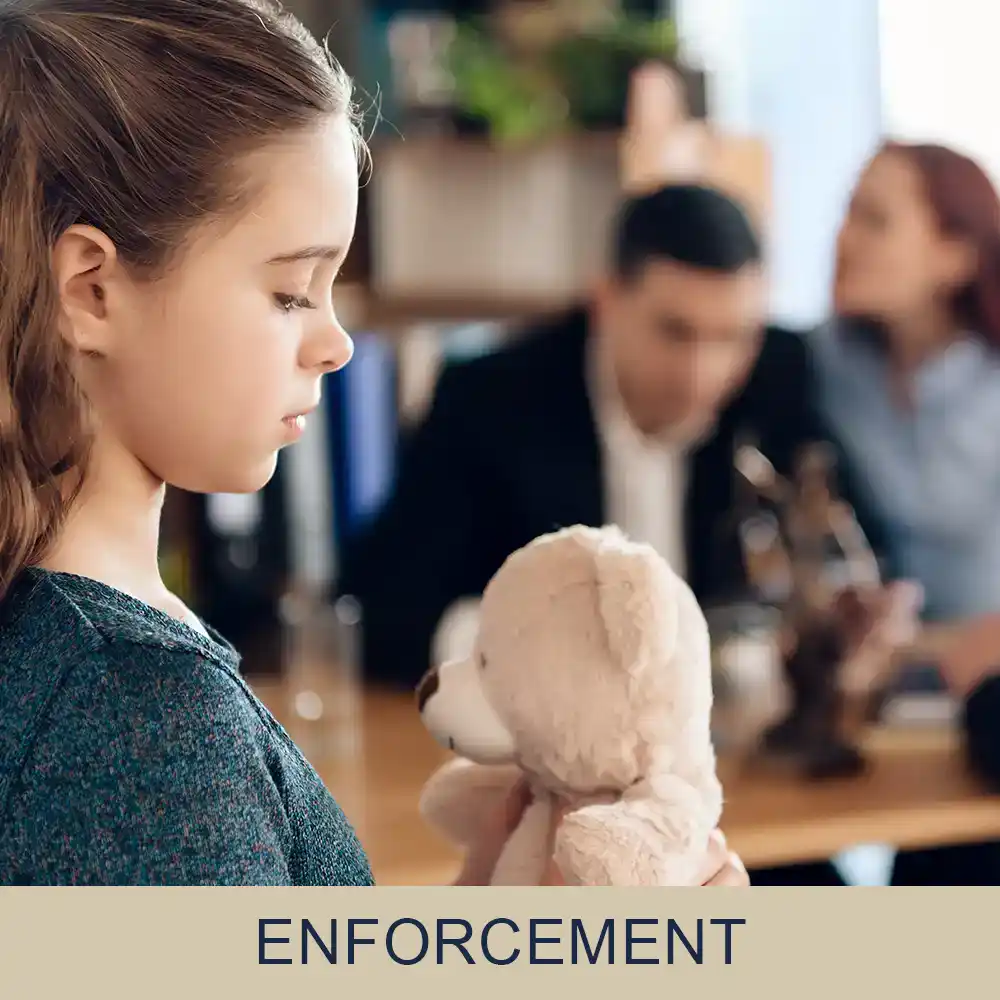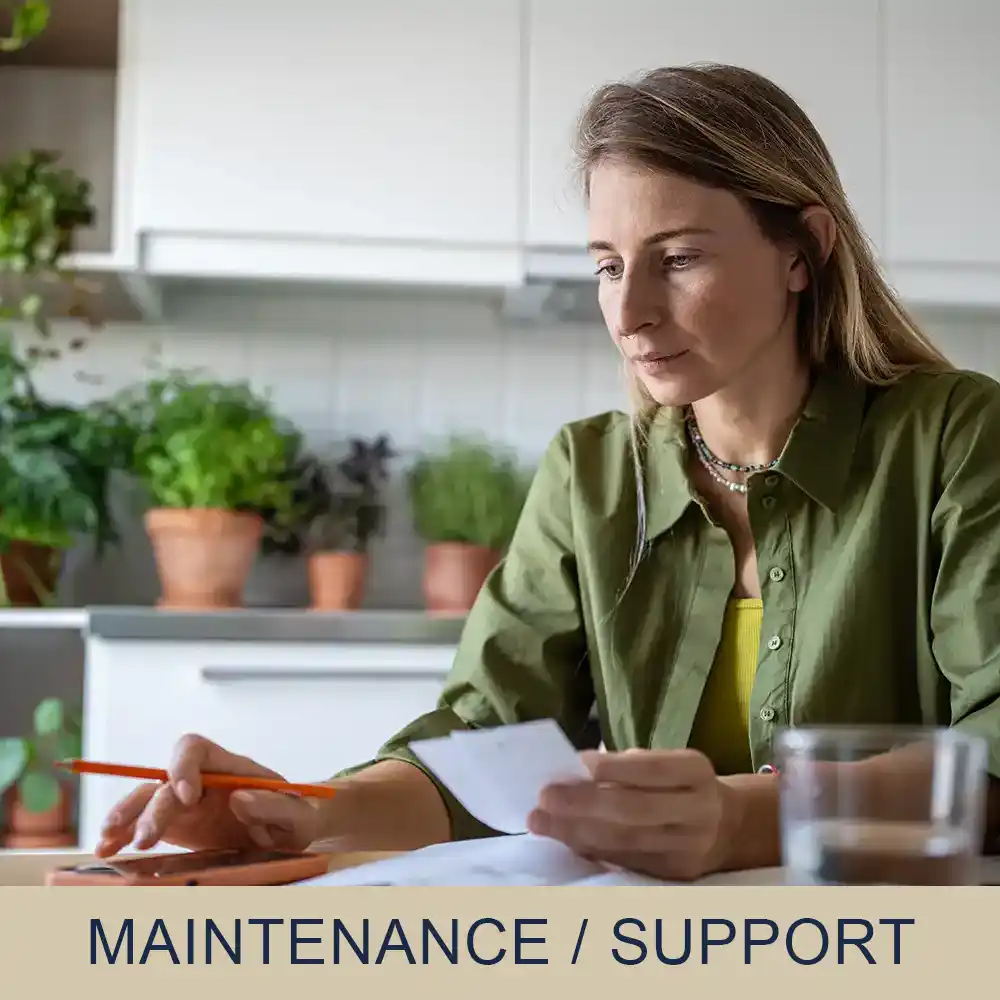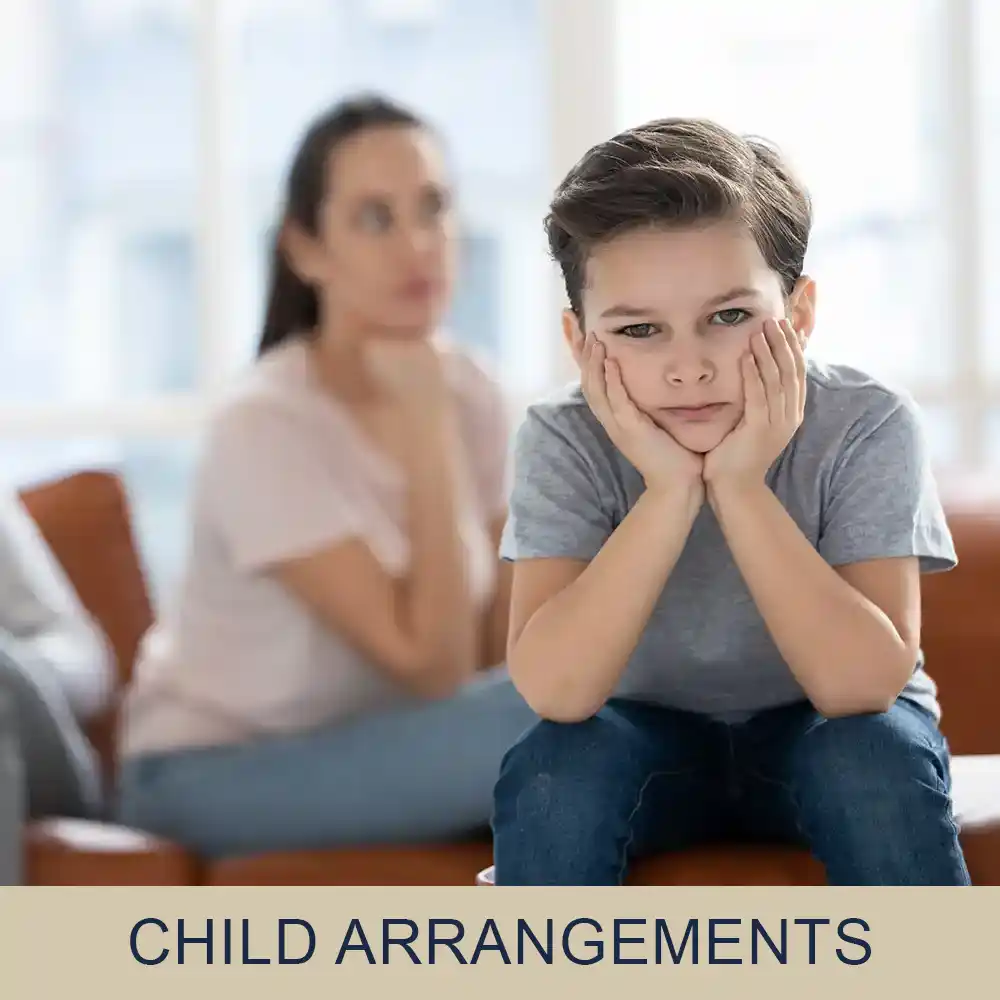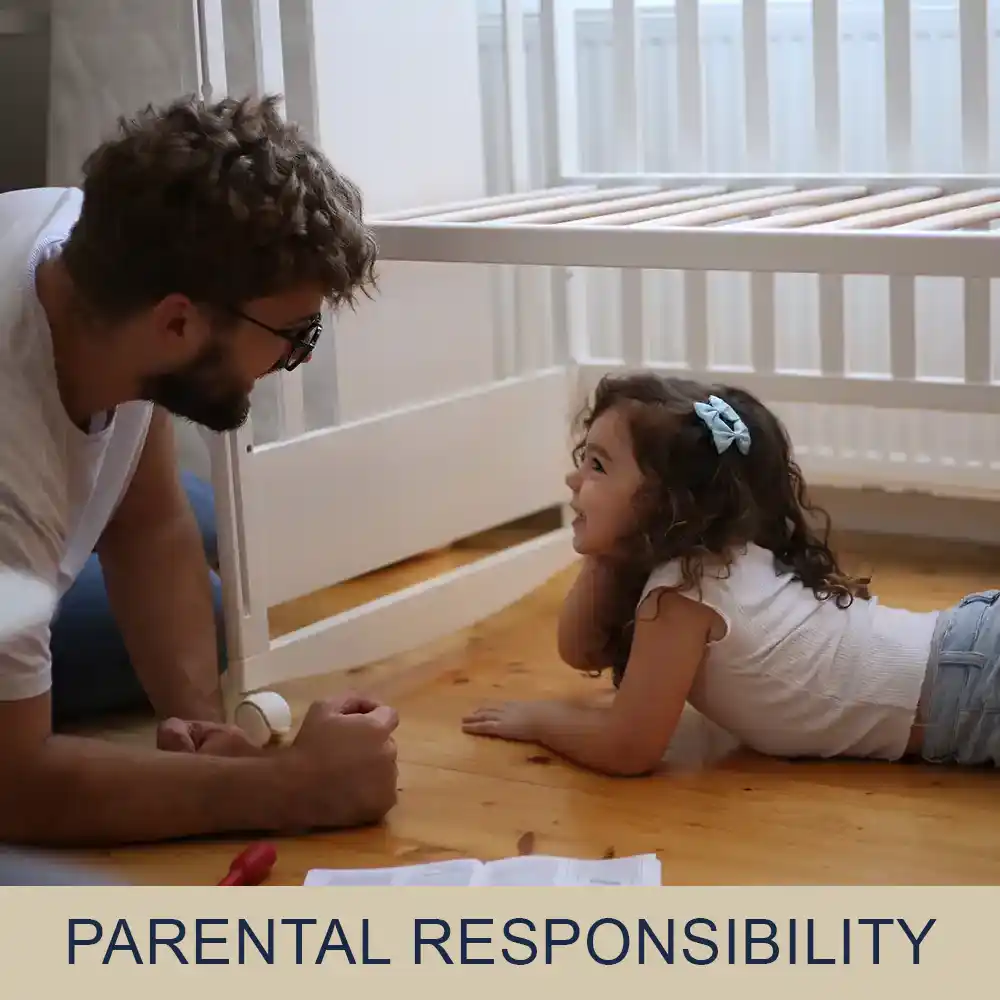Parent Responsibility
Parental responsibility (PR) is a legal term that defines the rights, duties, powers, and responsibilities a parent has in relation to their child. At Moloney Family Law, led by Tracey Moloney, we provide expert guidance to help parents understand, establish, or challenge parental responsibility. Our aim is to ensure you can protect your child’s welfare and maintain your role in their life.
Key Considerations in Parental Responsibilties
- Automatic parental responsibility for mothers and certain fathers
- Gaining parental responsibility for unmarried fathers or step-parents
- Challenging or restricting another adult’s parental responsibility
- Decision-making over education, healthcare, and religion
- Protecting your child’s welfare in family law proceedings
- Resolving disputes through negotiation or the court
- Guidance during separation, divorce, or disputes with local authorities
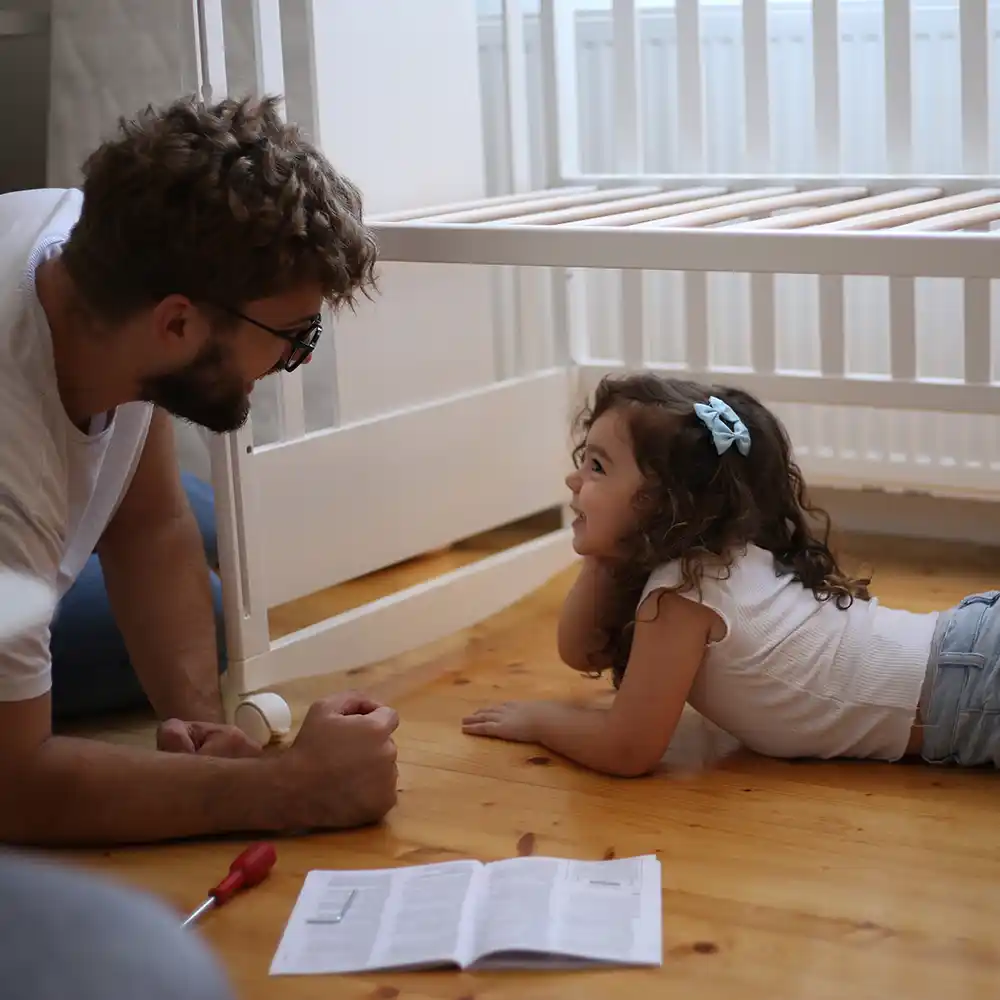
Detailed Guidance
Parental responsibility gives a parent the legal right to make important decisions about a child’s upbringing.
Our team assists in negotiating agreements, applying for PR orders, and representing clients in court to protect both parental rights and children’s best interests.
At Moloney Family Law, we guide you through:
- Mothers: Automatically have parental responsibility from birth.
- Fathers: If married to the mother at the time of birth, automatically have PR. Unmarried fathers gain PR if named on the birth certificate (after 2003), through agreement with the mother, or via a court order.
- Other Adults: Step-parents and guardians can acquire PR through agreement or court application.
- Decision-Making: PR allows participation in decisions about schooling, medical treatment, religion, and more.
- Disputes: If there is disagreement between PR holders, mediation is encouraged. Courts will make decisions prioritising the child’s welfare.
We tailor our advice to your unique circumstances, balancing compassion with robust representation to protect your interests.
FAQs – Your Most Frequently Asked Questions about Parental Enforcement
Who automatically has parental responsibilty?
Mothers always have it. Fathers married to the mother at the child’s birth also have it automatically.
Can unmarried fathers gain parental responsibility?
Yes, either by being named on the birth certificate (post-2003), by agreement with the mother, or by court order.
Can parental responsibility be removed?
Rarely, but the court can limit or challenge parental responsibility if it is in the child’s best interests.
Do I need parental responsibility to see my child?
No, parental responsibility is about decision-making, not contact. However, parental responsibility often strengthens your voice in disputes.
What happens if parental responsibility holders disagree?
Disagreements are ideally resolved through negotiation or mediation. If that fails, the court decides based on the child’s welfare.
Case Studies
1. Father Applying for Parental Resposibility
An unmarried father wanted more involvement in his 6-year-old daughter’s life. He was not named on the birth certificate and initially had no parental responsibility. We applied for a PR order, and the court granted him full parental responsibility, allowing him to participate in decisions regarding education and healthcare, while maintaining the child’s stability with both parents.
2. Dispute Over Medical Decisions
Separated parents disagreed about their child’s medical treatment. Both held parental responsibility, but one sought to block the other’s choice. We assisted our client in applying to the court for a specific issue order, ensuring the child’s medical needs were met promptly and appropriately.
3. Step-Parent Aplication
A step-parent who had raised a child for several years wanted formal recognition of their role. We prepared the application and secured parental responsibility by agreement, giving them legal standing to make decisions alongside the biological parents.

Client Comment
“At all times you kept the communication at my level and I felt supported at all times. Although the outcome of my case was not exactly what I wanted, I could not have asked for better representation.”
